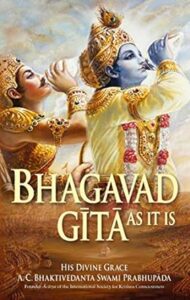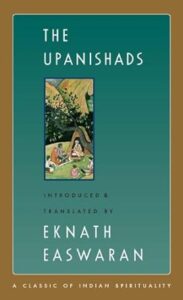Hinduism
The Ancient Foundation
Understanding Hinduism: A Tapestry of Traditions and Philosophies
Hinduism, one of the world’s oldest and most diverse religious traditions, originates from the Indian subcontinent and dates back over 4,000 years. With its rich tapestry of myths, doctrines, and practices, Hinduism forms a complex framework of spiritual, cultural, and philosophical ideas. This article explores the fundamental beliefs, diverse practices, and the profound spiritual insights of Hinduism, offering a comprehensive guide to understanding this major world religion.
Core Beliefs and Practices of Hinduism
Hinduism is characterized by a vast array of scriptures, deities, and schools of philosophy, making it a highly pluralistic religion. Key concepts include:
- Dharma (Ethical Duty): Dharma is central to Hindu ethics and denotes righteousness, duty, morality, and law. It provides guidelines that help individuals live in a way that upholds cosmic order and societal harmony.
- Karma (Action and Reaction): Karma is the belief that every action has corresponding results, which affect one’s future lives. This law of moral causation emphasizes the importance of righteous living.
- Samsara (Cycle of Rebirth): Hinduism teaches that all living beings are trapped in a cycle of birth, death, and rebirth, influenced by one’s actions.
- Moksha (Liberation): The ultimate goal in Hindu life is moksha or liberation from the cycle of samsara. It is achieved through various paths, including devotion, meditation, and philosophical inquiry.
Paths to Liberation: Hinduism describes several paths (margas) toward spiritual liberation:
- Bhakti Yoga (Path of Devotion): Devotional worship of a deity or deities.
- Jnana Yoga (Path of Knowledge): Philosophical knowledge and discernment of reality.
- Karma Yoga (Path of Right Action): Selfless action performed for the benefit of others.
- Raja Yoga (Path of Meditation): Focus on meditation and adherence to ethical principles.


